
Subscribe to our mailing list.
All Blog Posts With Tag: institutes of the christian religion
The human heart is an idol factory: a modern critique of John Calvin (August 6, 2019)
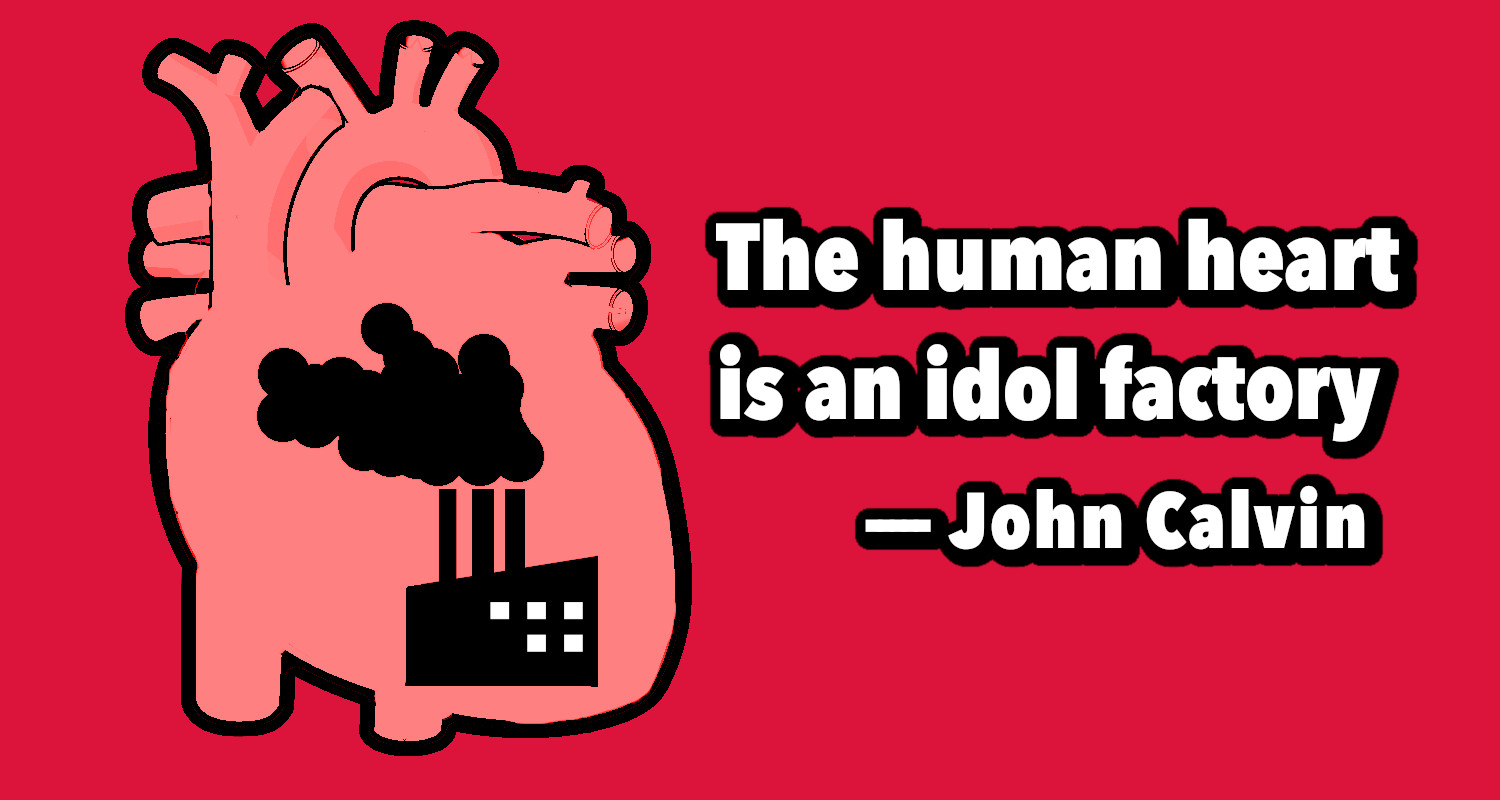
John Calvin famously said "the human heart is a perpetual idol factory" (hominis ingenium perpetuam, ut ita loquar, esse idolorum fabricam) [Institutes I.11.8]. Calvin's Latin phrase from the definitive 1559 edition of his Institutes of the Christian Religion has received meaning that may be lost to Post-Enlightenment people. A modern […]
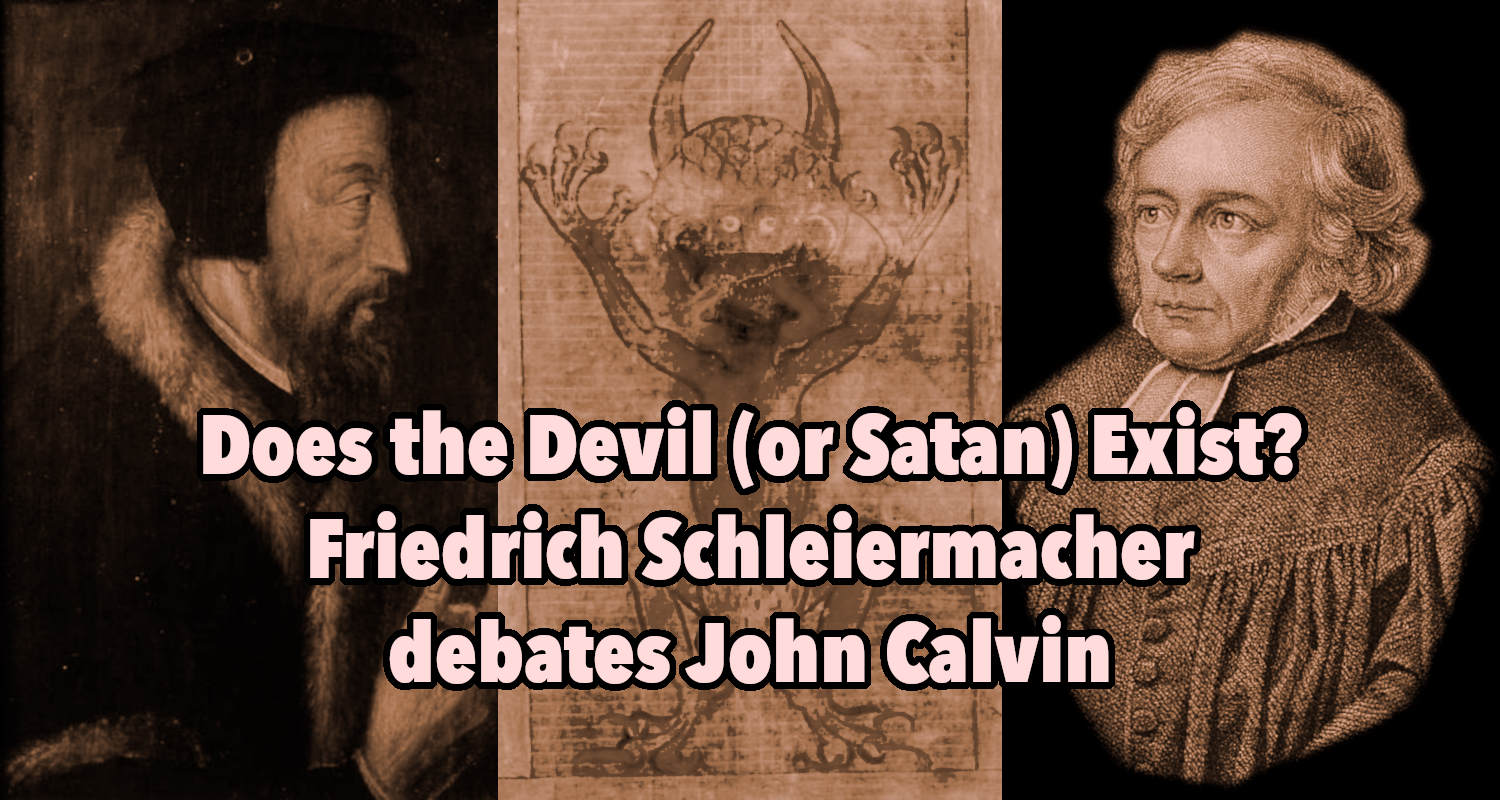
John Calvin's proof for existence of Satan
In the Institutes of the Christian Religion I.14.17, John Calvin argues that the devil (or satan) and demons must exist in the world, because there must exist an agent that mediates between the goodness of god and the evil happenings in the world, such […]
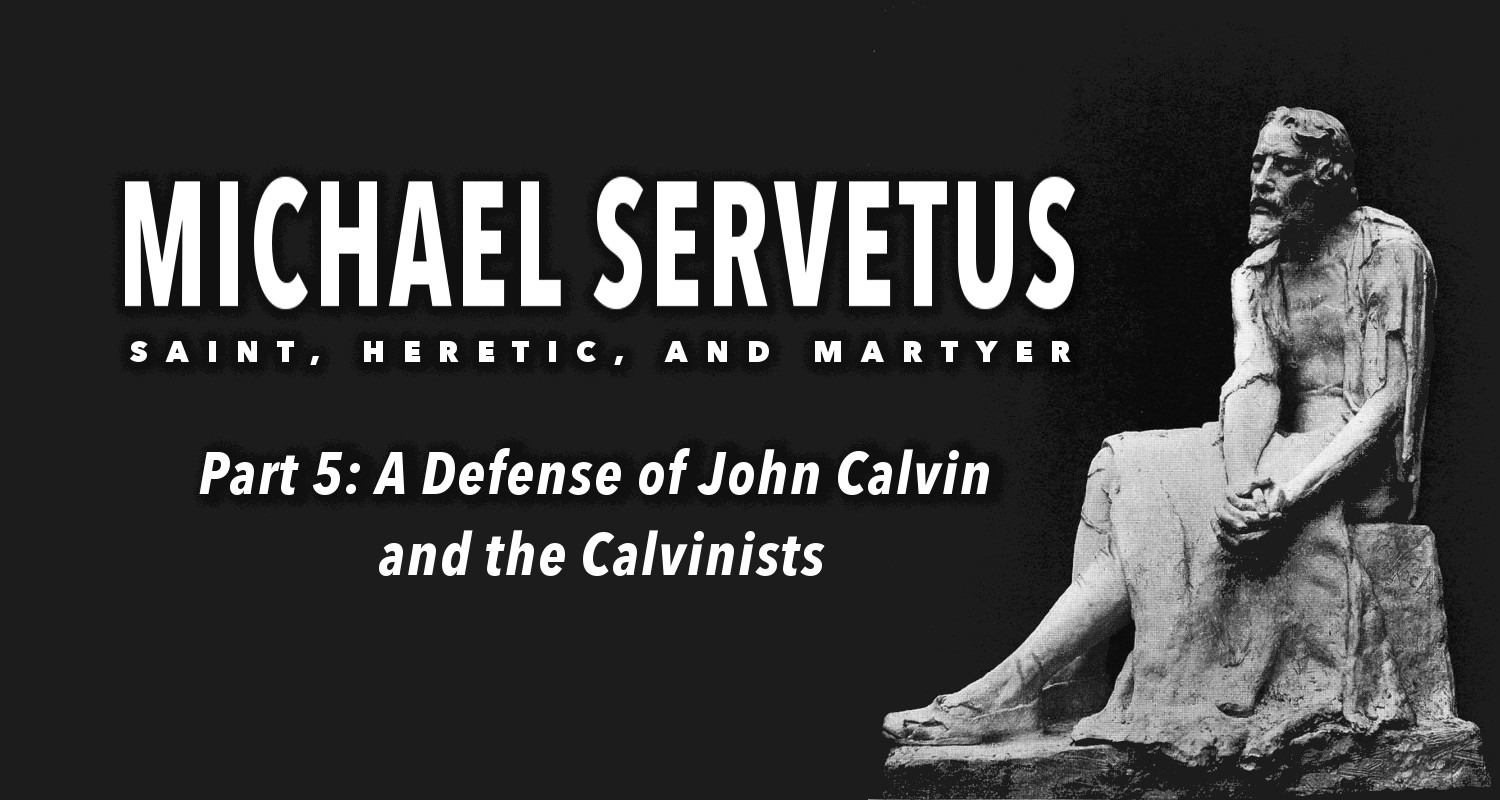
In defense of Calvinists: A memorial to Michael Servetus
John Calvin has wayward sons who still defend the execution of Servetus and Calvin's participation in it, however most Calvinists today admit that Calvin erred in the Servetus affair, and some Calvinists today are willing to admit that Calvin sinned and that […]
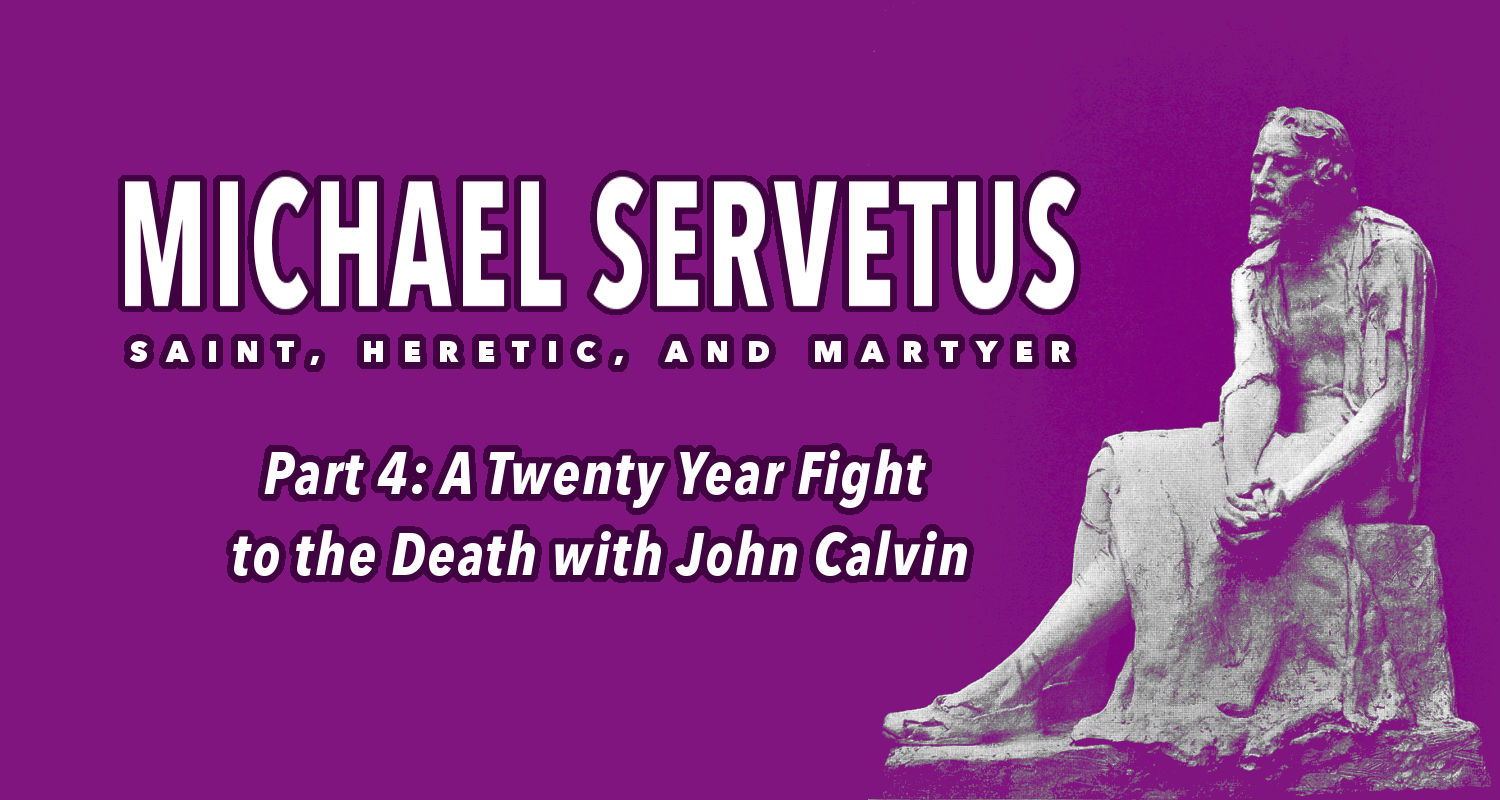
Calvin vs Servetus: a twenty year fight to the death
Michael Servetus (1511-1553) came in conflict with John Calvin (1509-1564) in the early 1530's and their correspondences spanned twenty years. "A strange mixture of fascination and repulsion haunted the relations between these two men. Many long years passed before the battle […]
Related: Bernard Cottret, Bruce Gordon, Charles Despeville, Christianismi Restitutio, Concerning Scandals, Guillaume Farel, institutes of the christian religion, Institutio Christianae Religionis, John Calvin, Michael Servetus, Michel de Villeneuve, On Scandals, Restitutio, ServetusSeries, The Restoration of Christianity, Theodore Beza, William Farel
John Calvin’s Labyrinth (December 11, 2017)
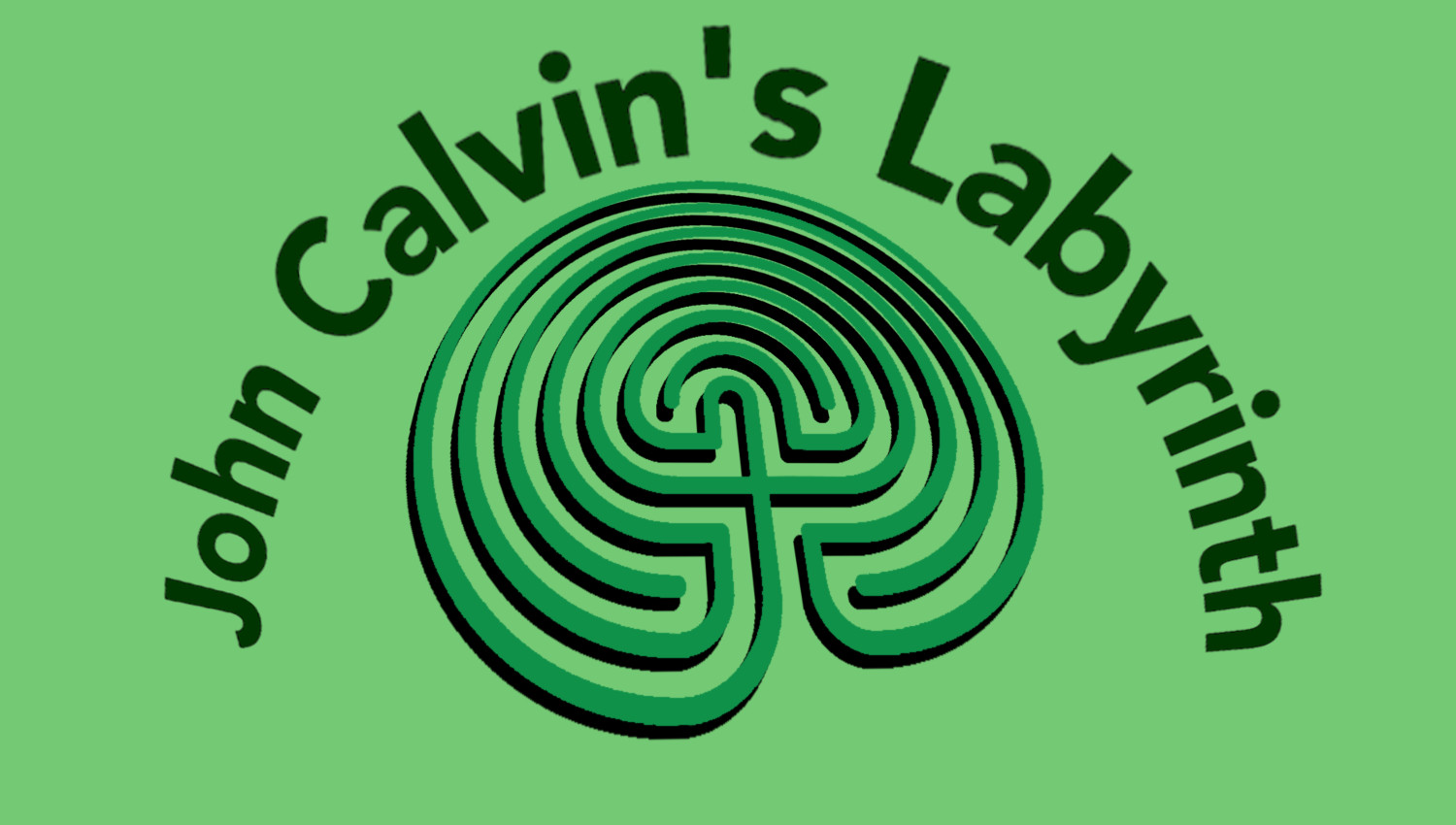
John Calvin frequently refers to the labyrinth (or maze) throughout his writings and especially in his Institutes of the Christian Religion. John T. McNeill said "The pictorial figure of the labyrinth in Calvin's writings frequently employed as a symbol of human frustration and confusion." [Institutes I.v.12n36]. The labyrinth is an ancient […]
John Calvin: A Dialectical Theologian (May 21, 2017)
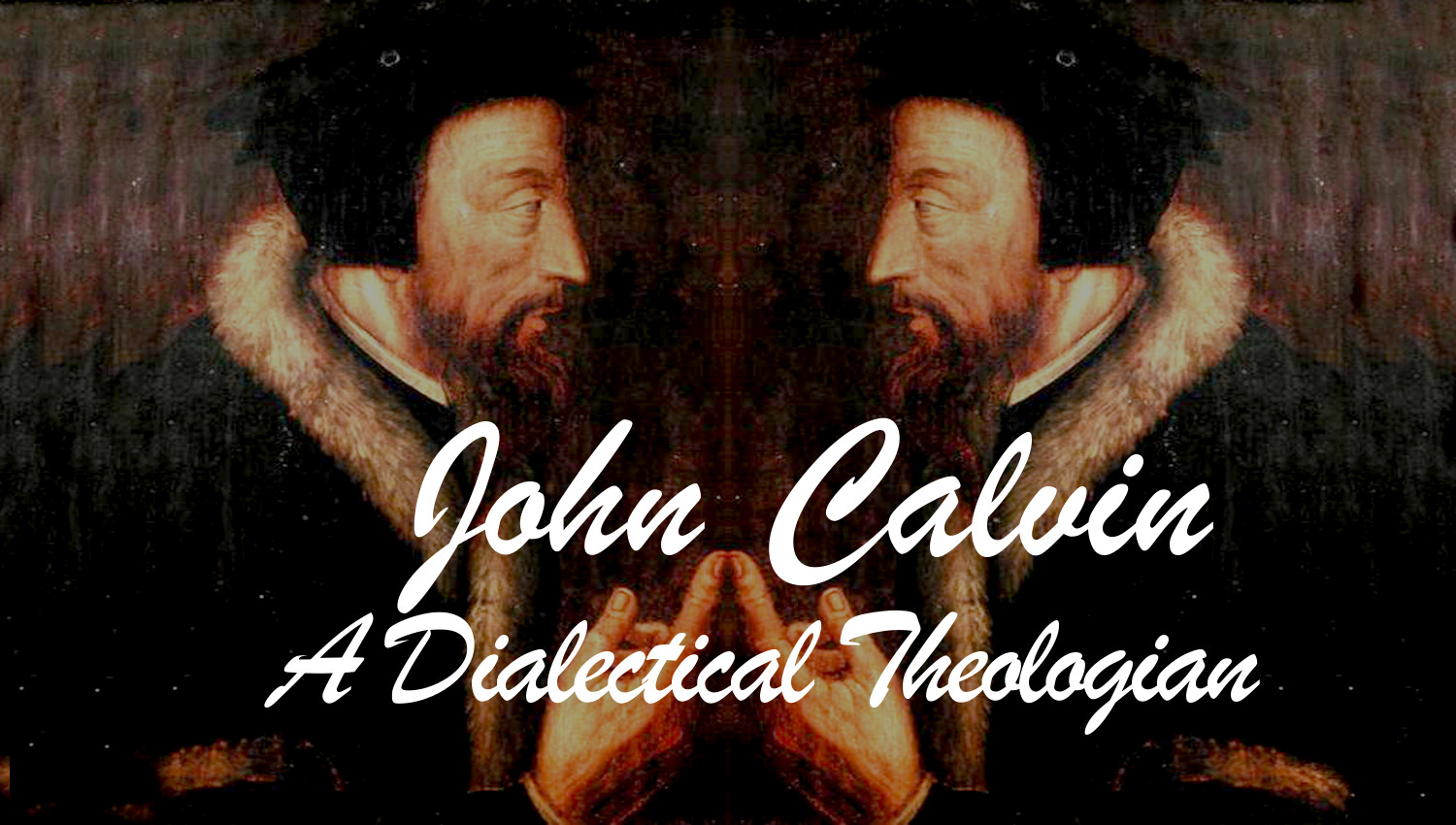
Karl Barth was fascinated with John Calvin, and he called Calvin a "demonic power" but also in the same breath, Barth said he could "spend all the rest of my life just with Calvin." Barth was fixated with John Calvin, so it is a perrennial desire of mine to reappropriate Calvin for good, and […]
John Calvin’s Spectacles of Scripture (January 5, 2017)
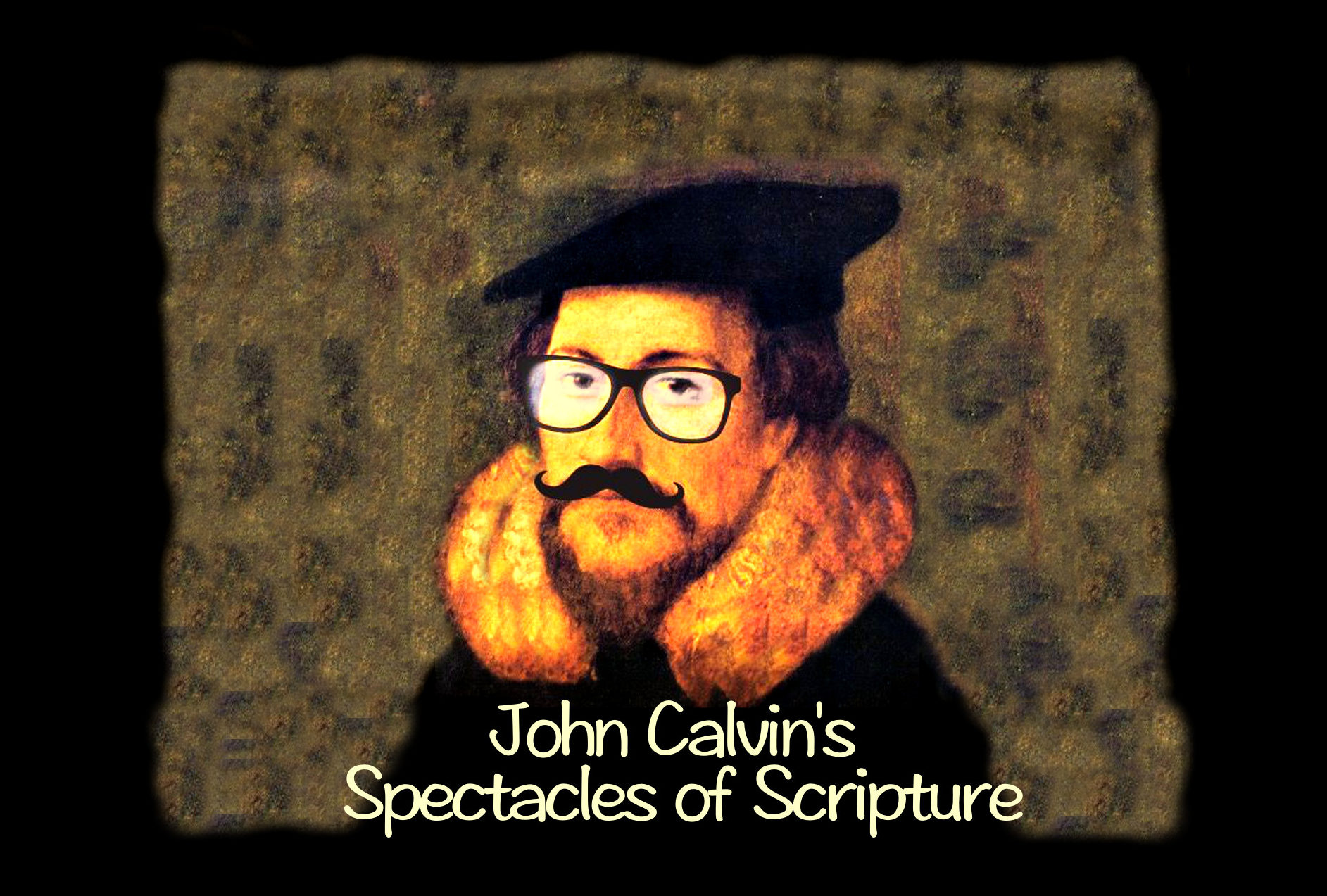
John Calvin's Biblical Eyeglasses
The Reformed theologian, John Calvin, said the Bible is like eyeglasses that allow us to see God and without the spectacles of Scripture, we are like an old person with blurry vision and unable to see God or or see God in Creation. In the event of reading the Scriptures […]
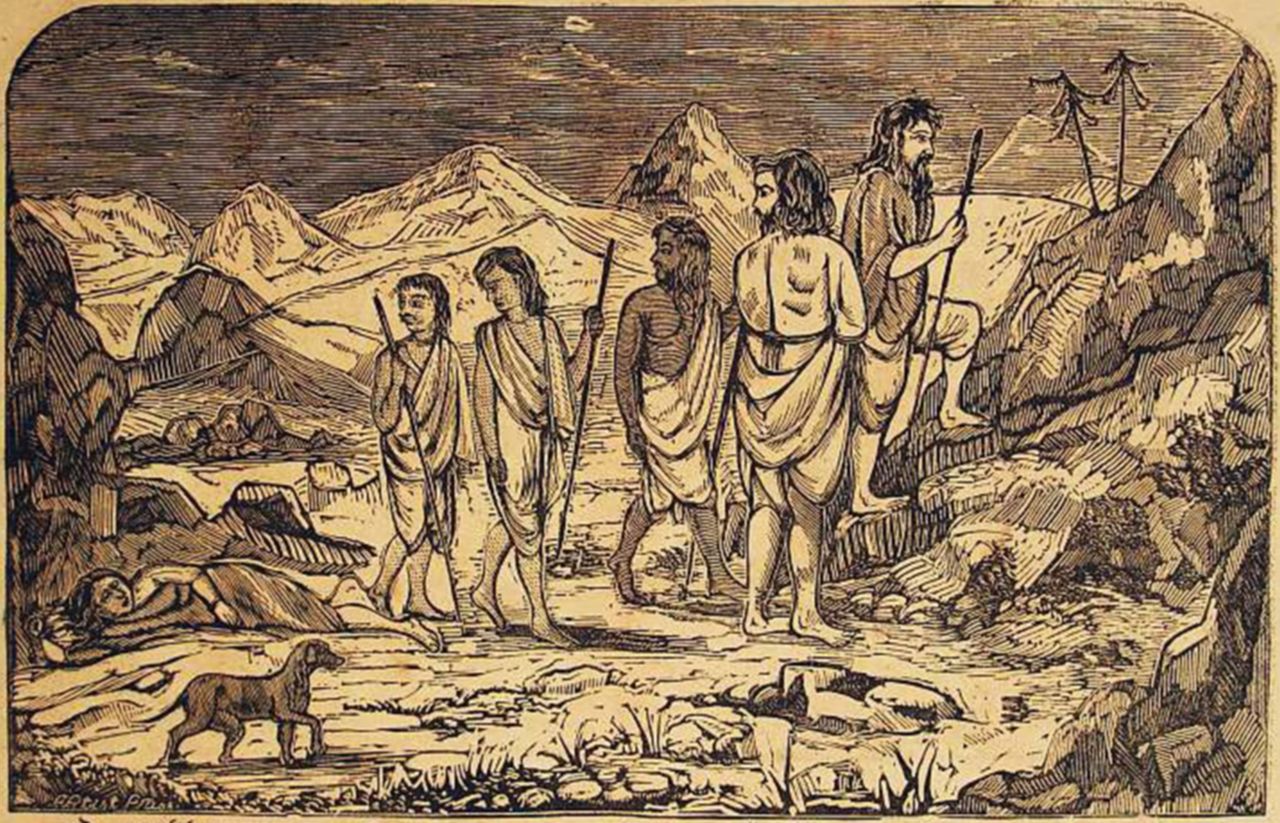
"And he is the atoning sacrifice for our sins, and not for ours only
but also for the sins of the whole world." (NRSV 1 John 2:2)
Jesus is the Savior of the Whole World, but what is the maximum inclusion set of this statement? Is the "whole world" at most a […]
John Calvin with Cyprian: Are Protestants Schismatics or Heretics? (January 25, 2015)

Cyprian (c. 200 – 258), Bishop of Cathage, is quoted by John Calvin to prove that Protestants are neither Schismatics or Heretics. Cyprian uses a beautiful metaphor in his On the Unity of the Catholic Church (V) to explain the Oneness of the Church by comparing the Church's unity to the manifold rays of the […]
Yes to Us All: Karl Barth’s Final Words to Emil Brunner (June 20, 2014)
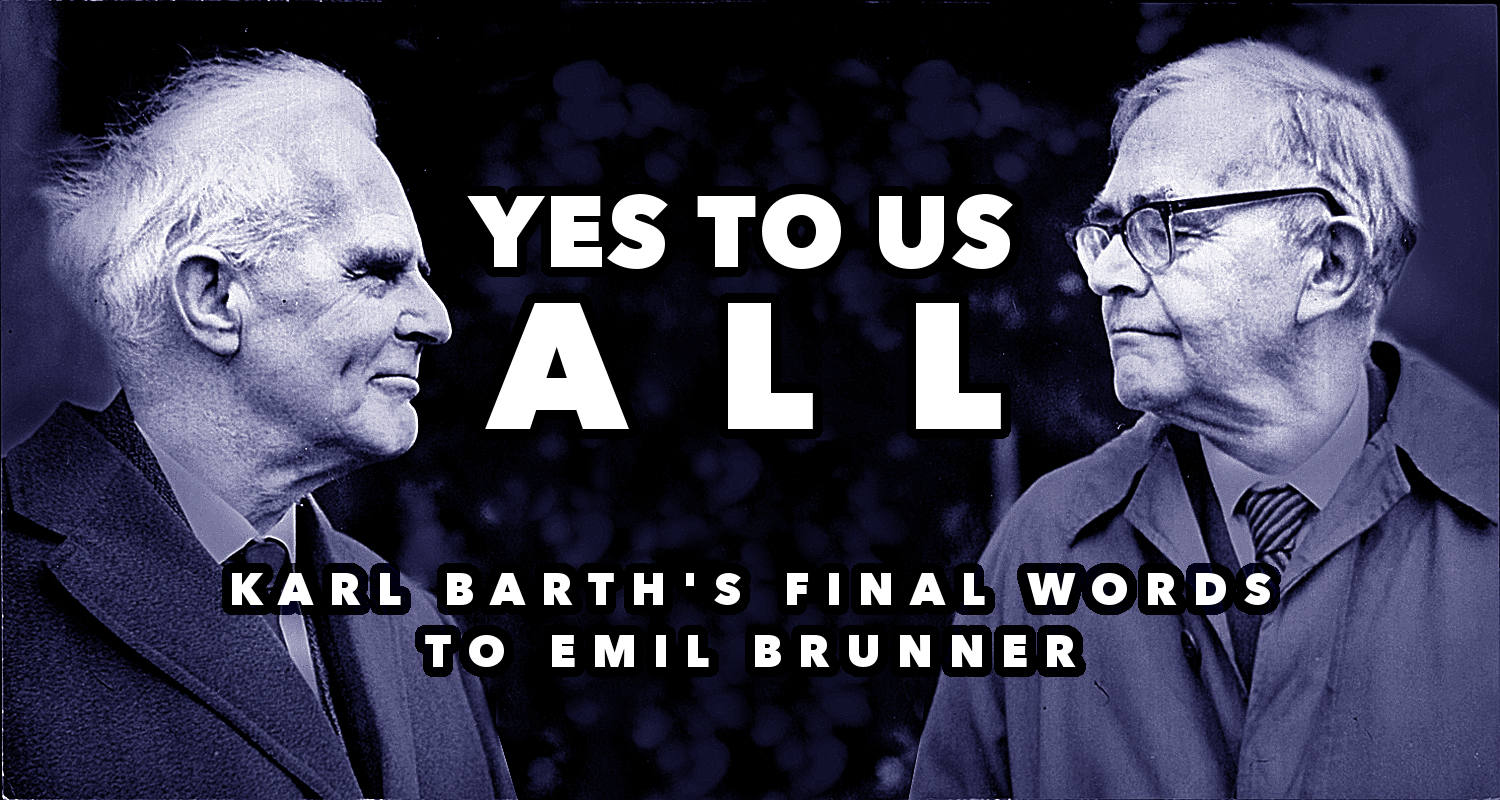
~ Updated and Revised: February 21st, 2019 ~
Karl Barth and Emil Brunner is the greatest tragedy since Romeo and Juliet. The friendship between Barth and Brunner is nearly as famous as its tragic demise. Brunner's famous essay "Nature and Grace" was responded to with a loud "Nein!" by Karl Barth that […]

